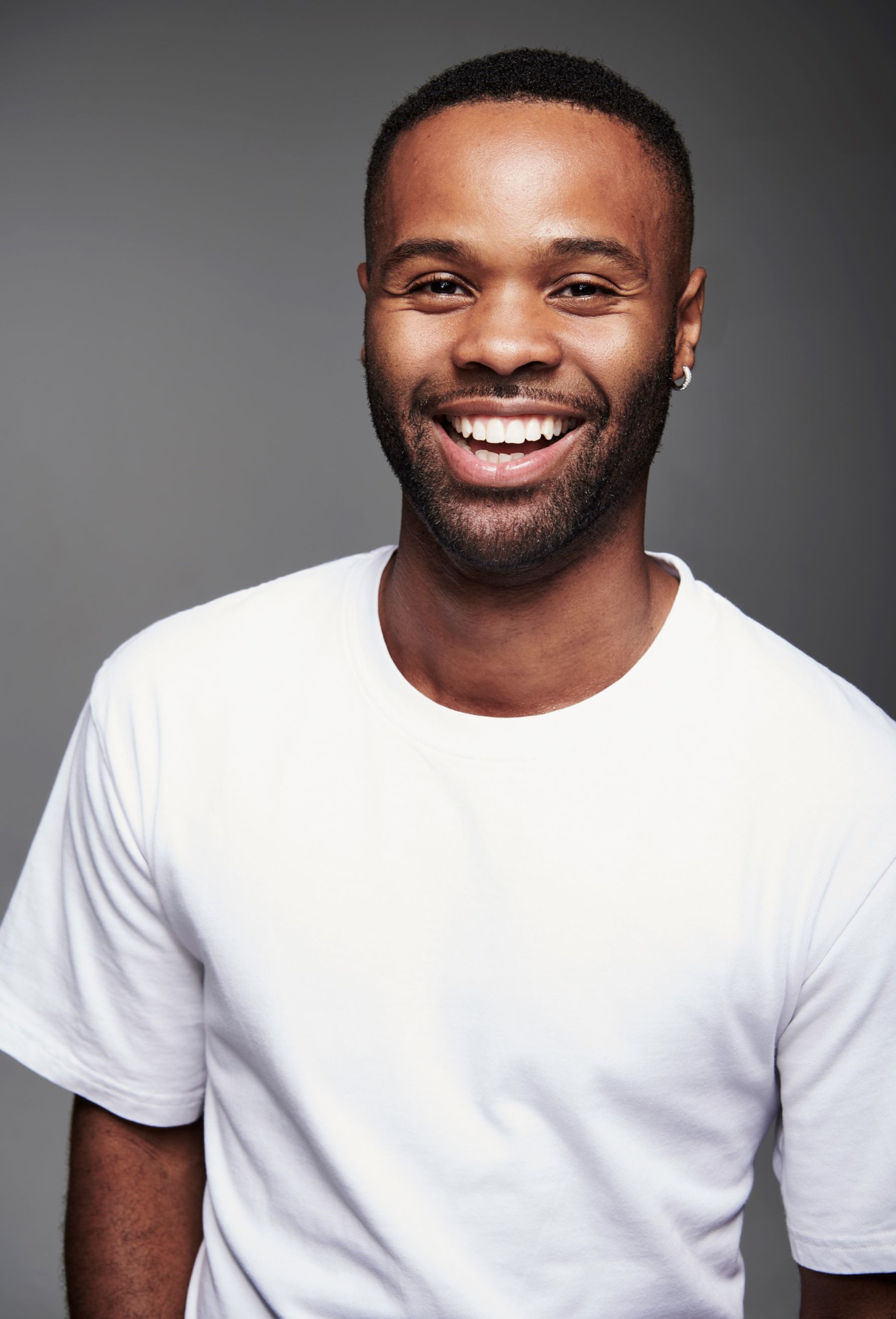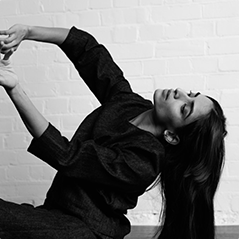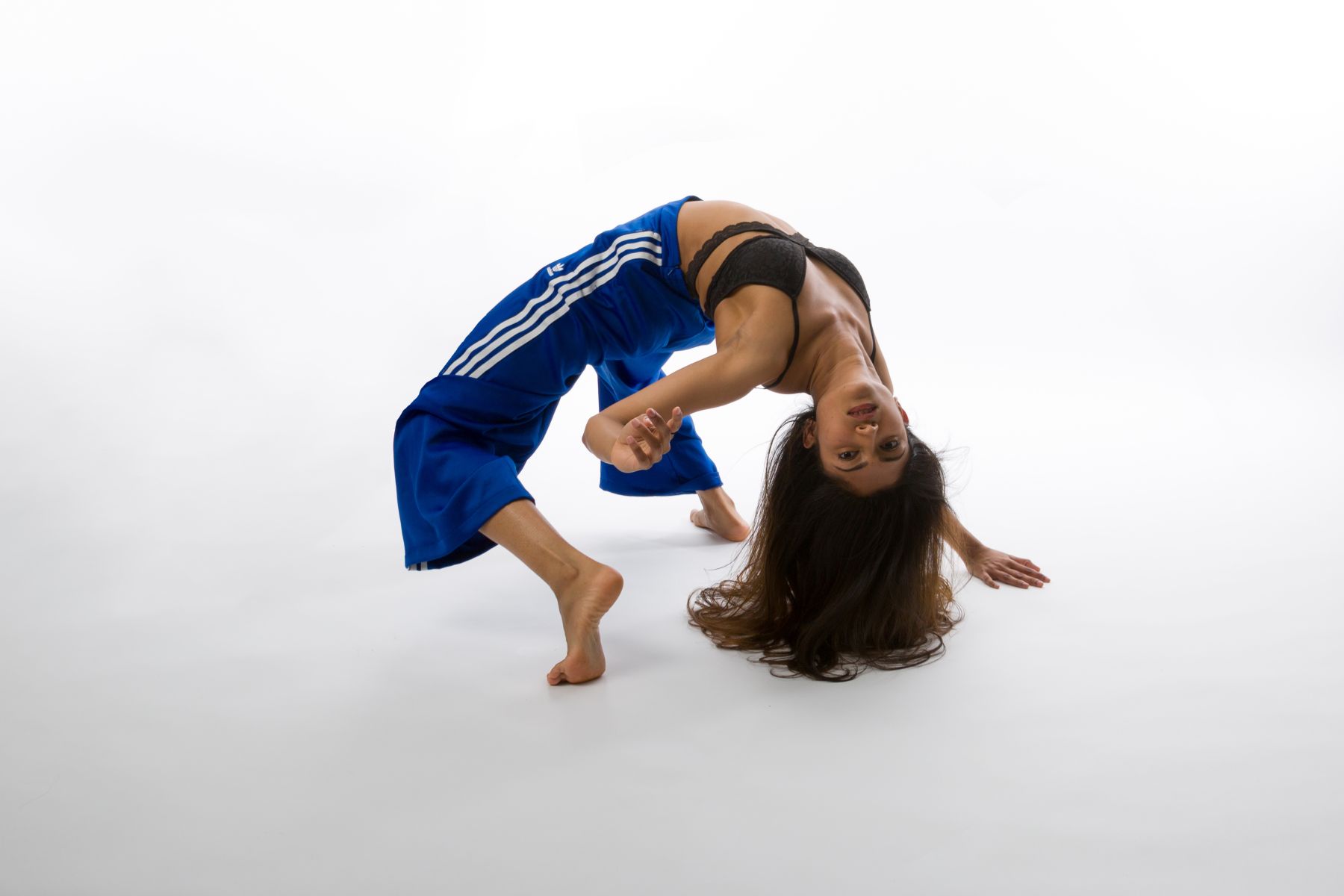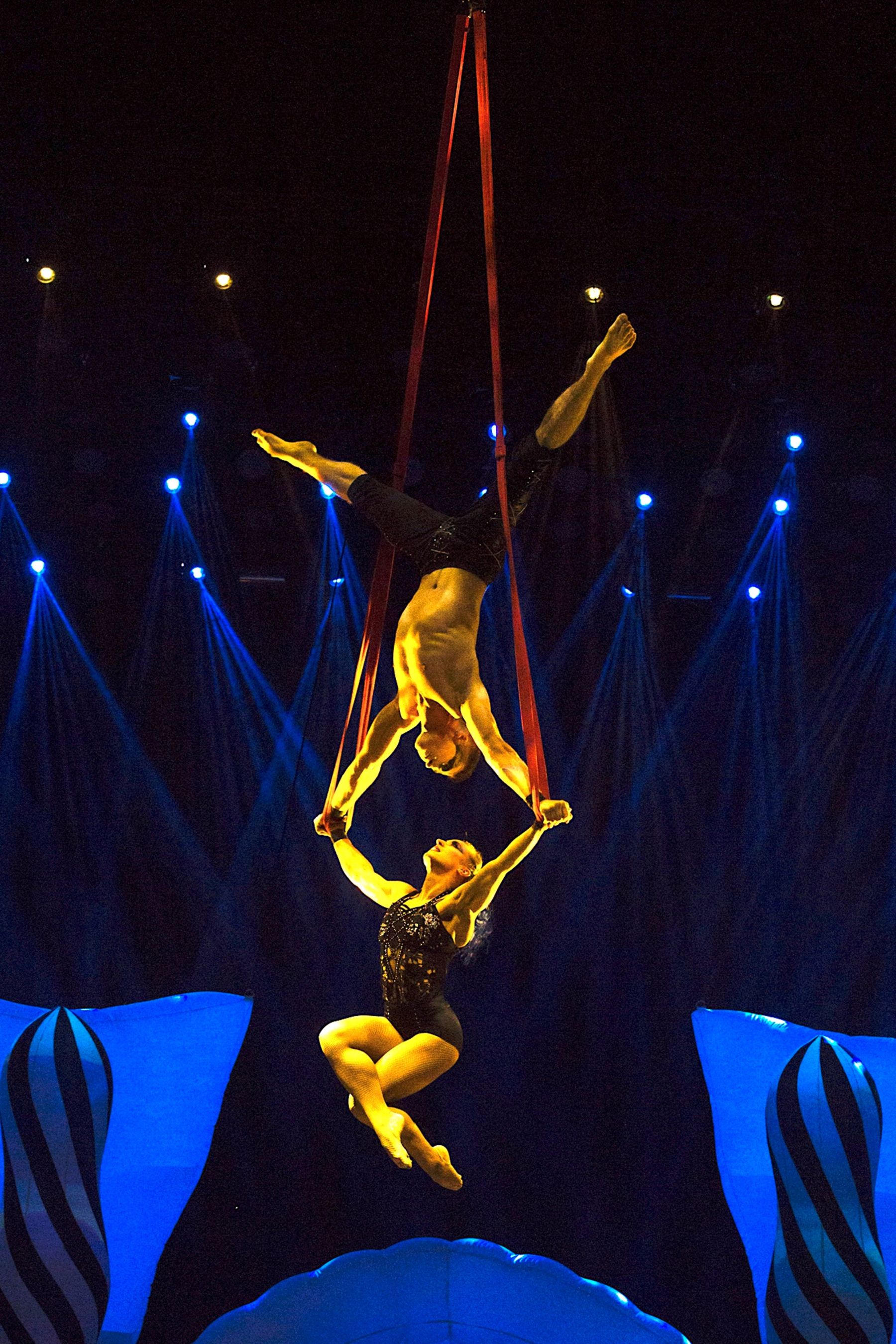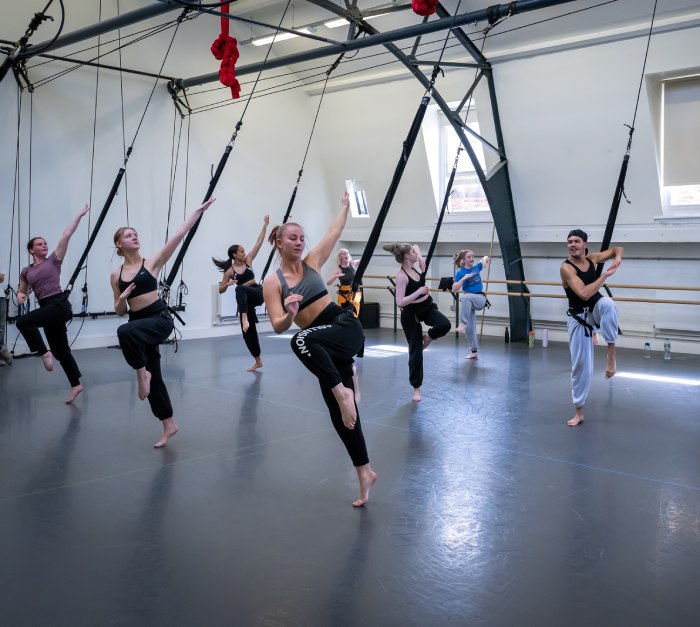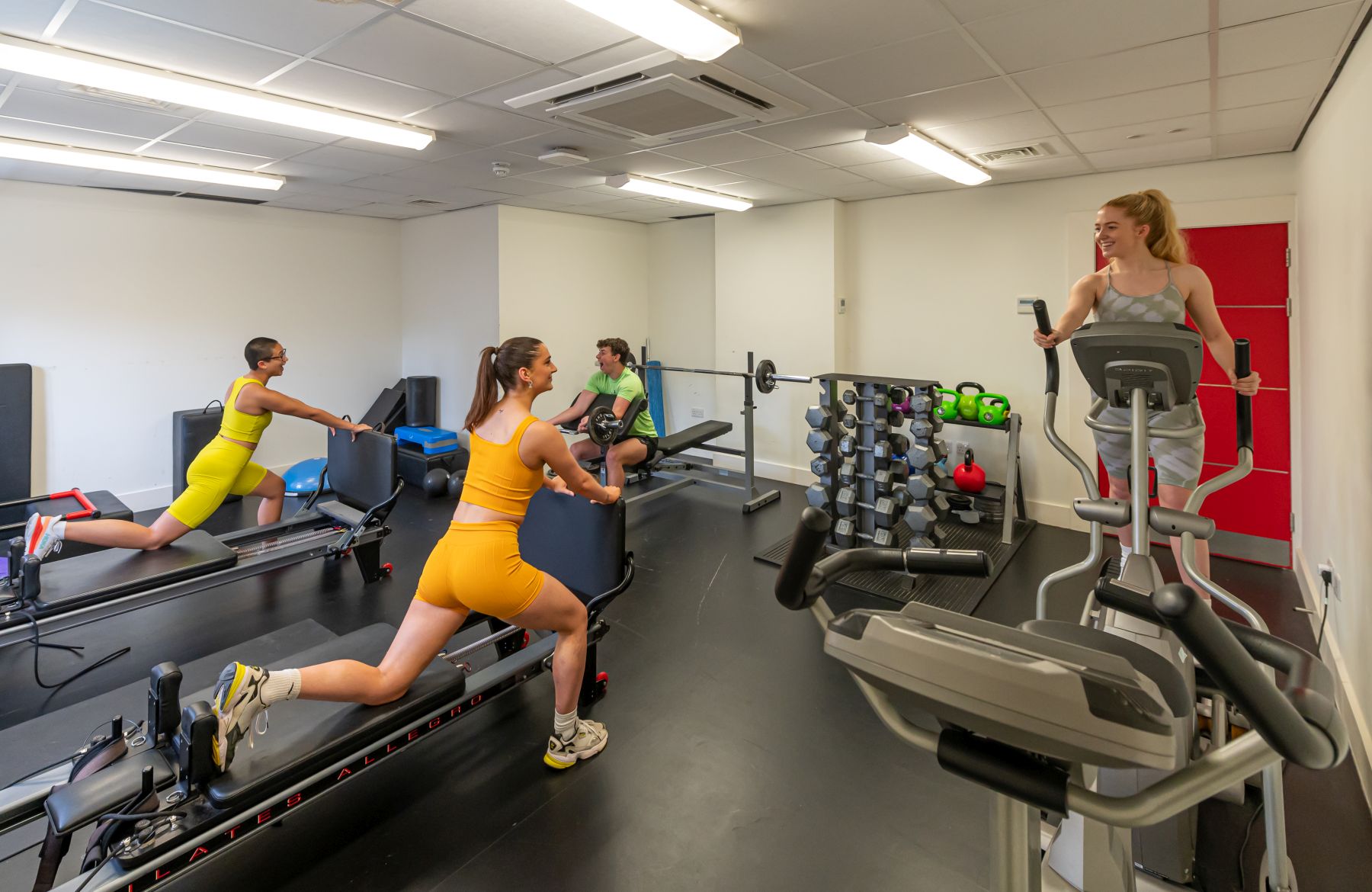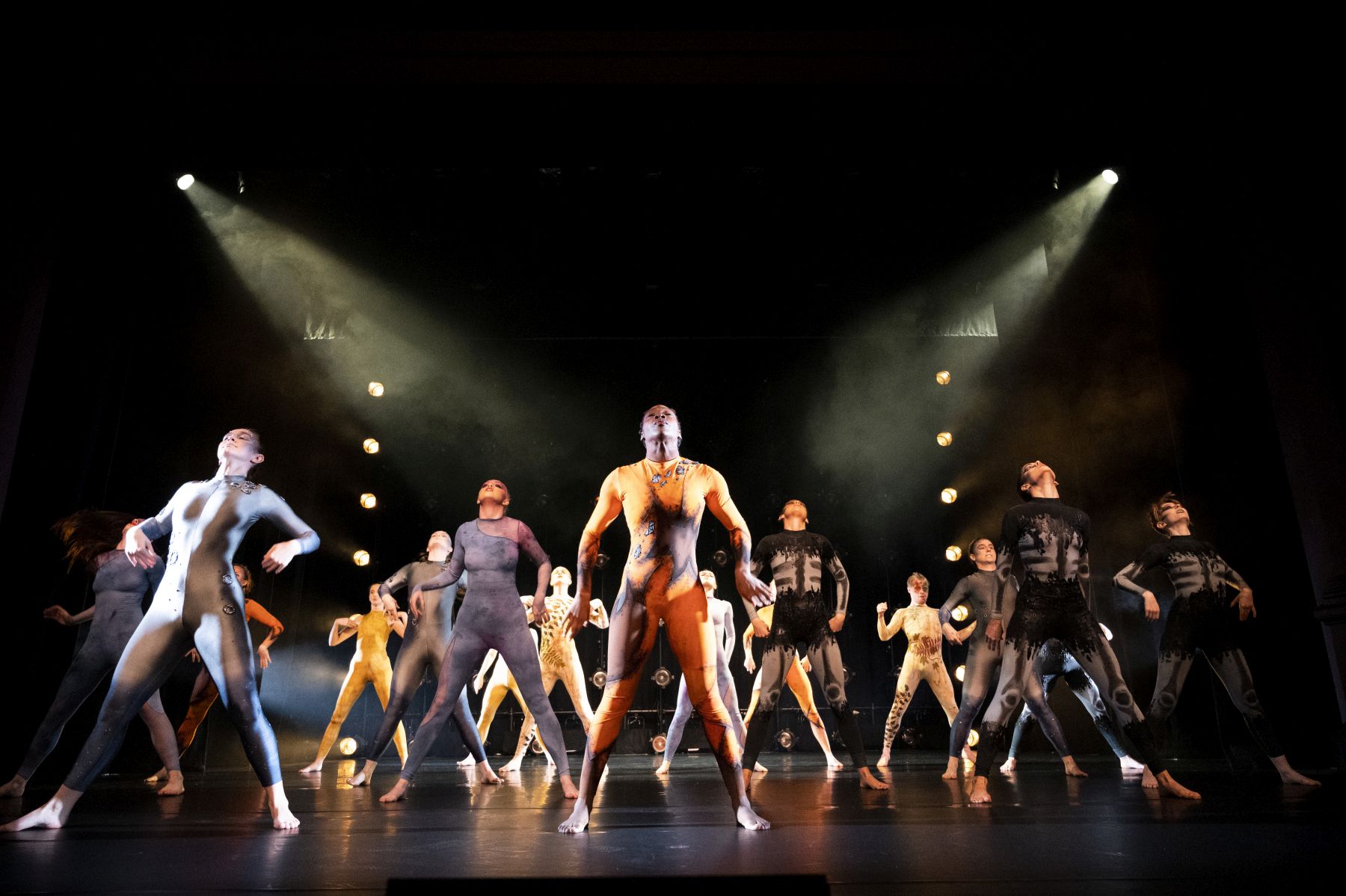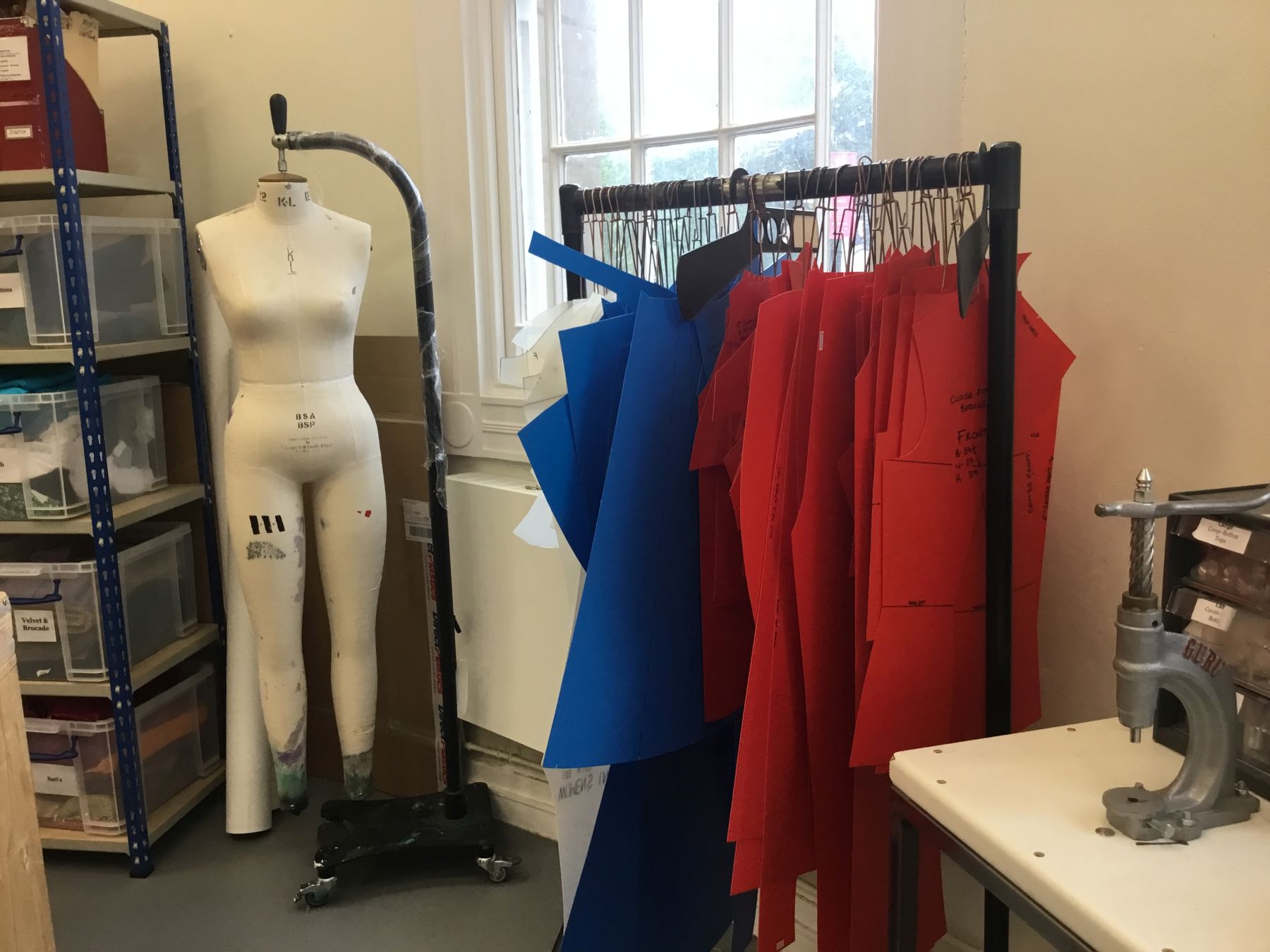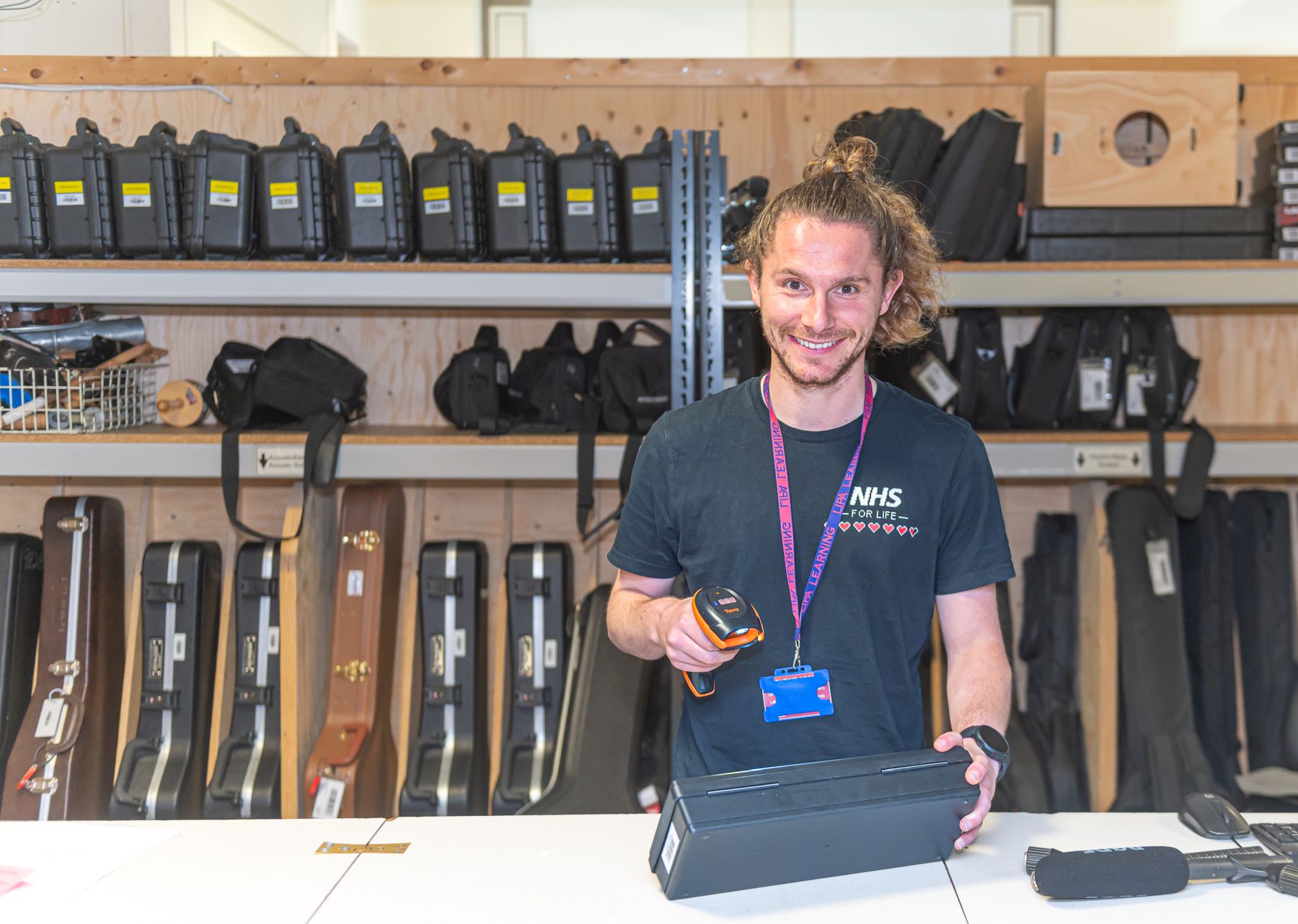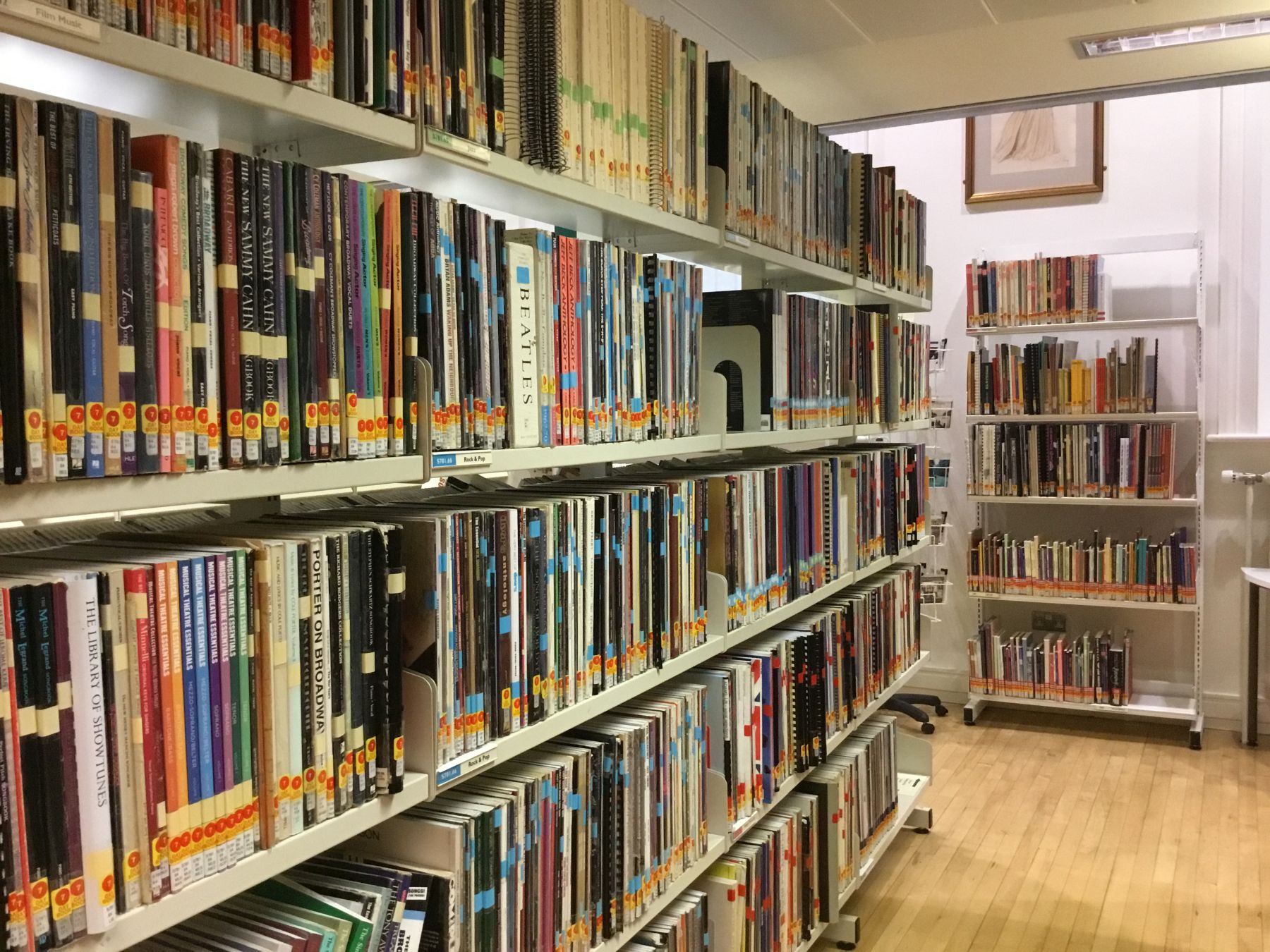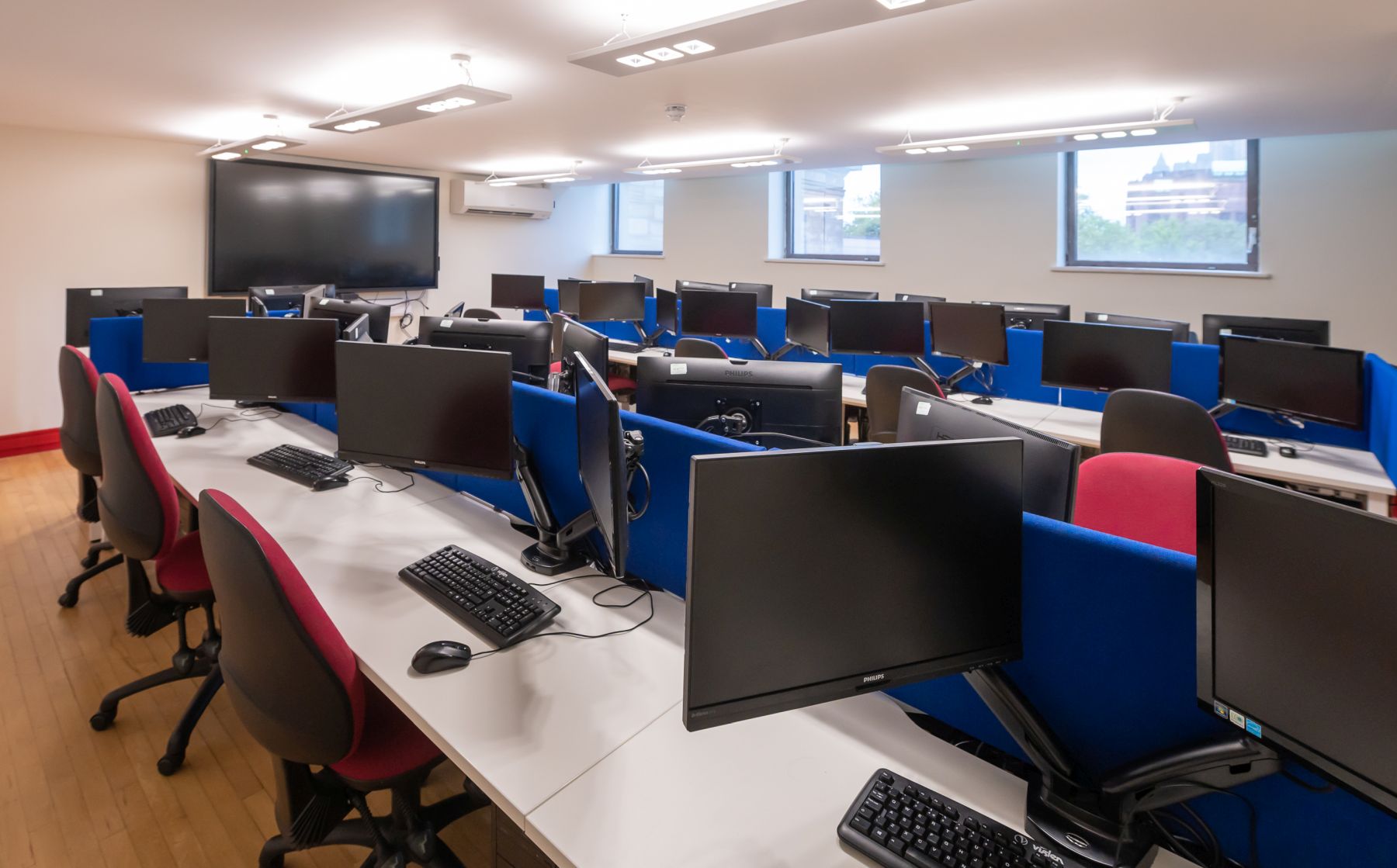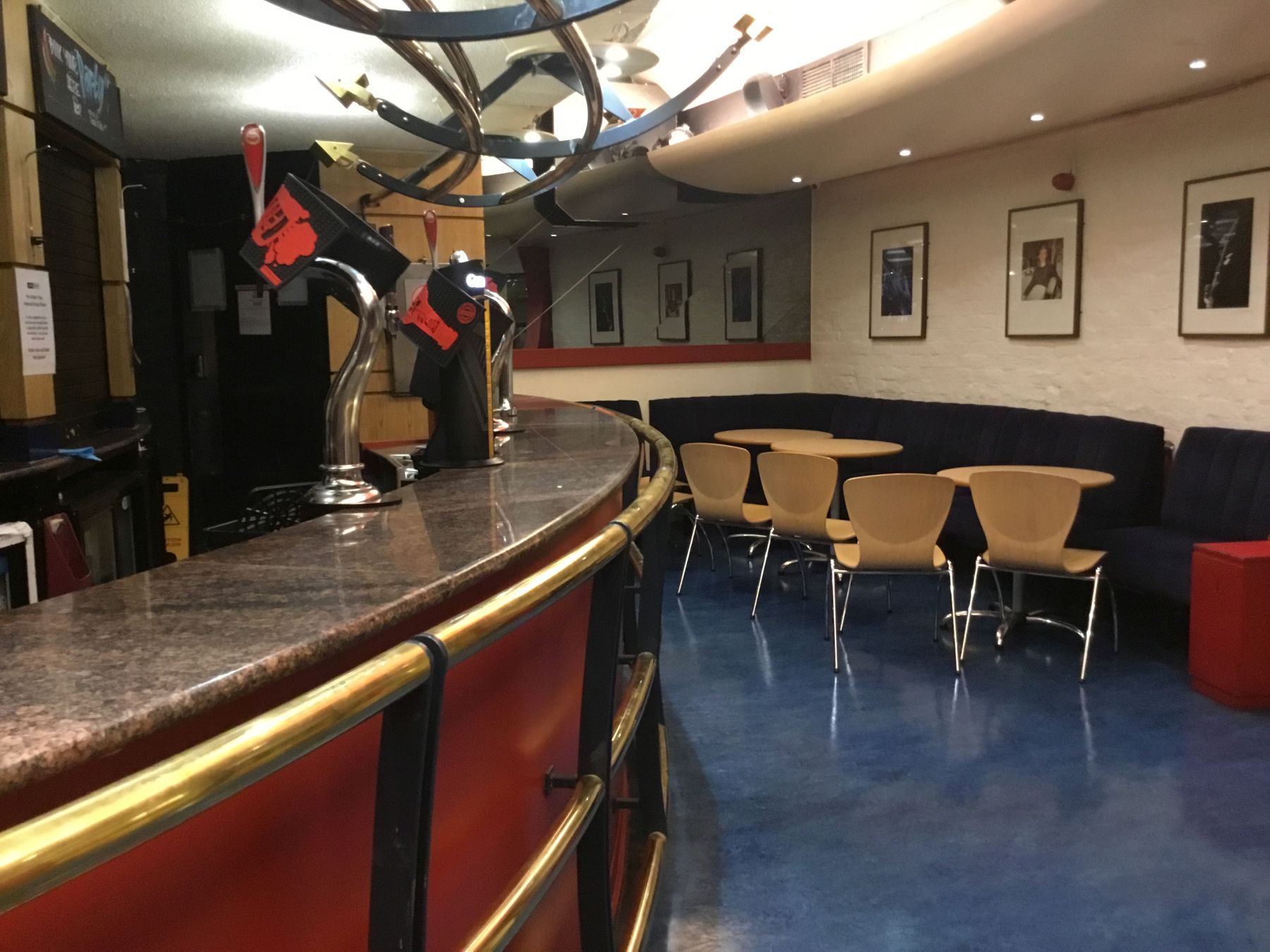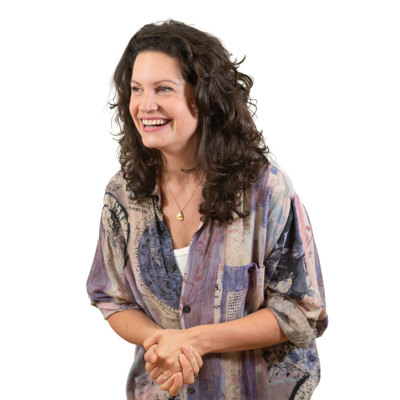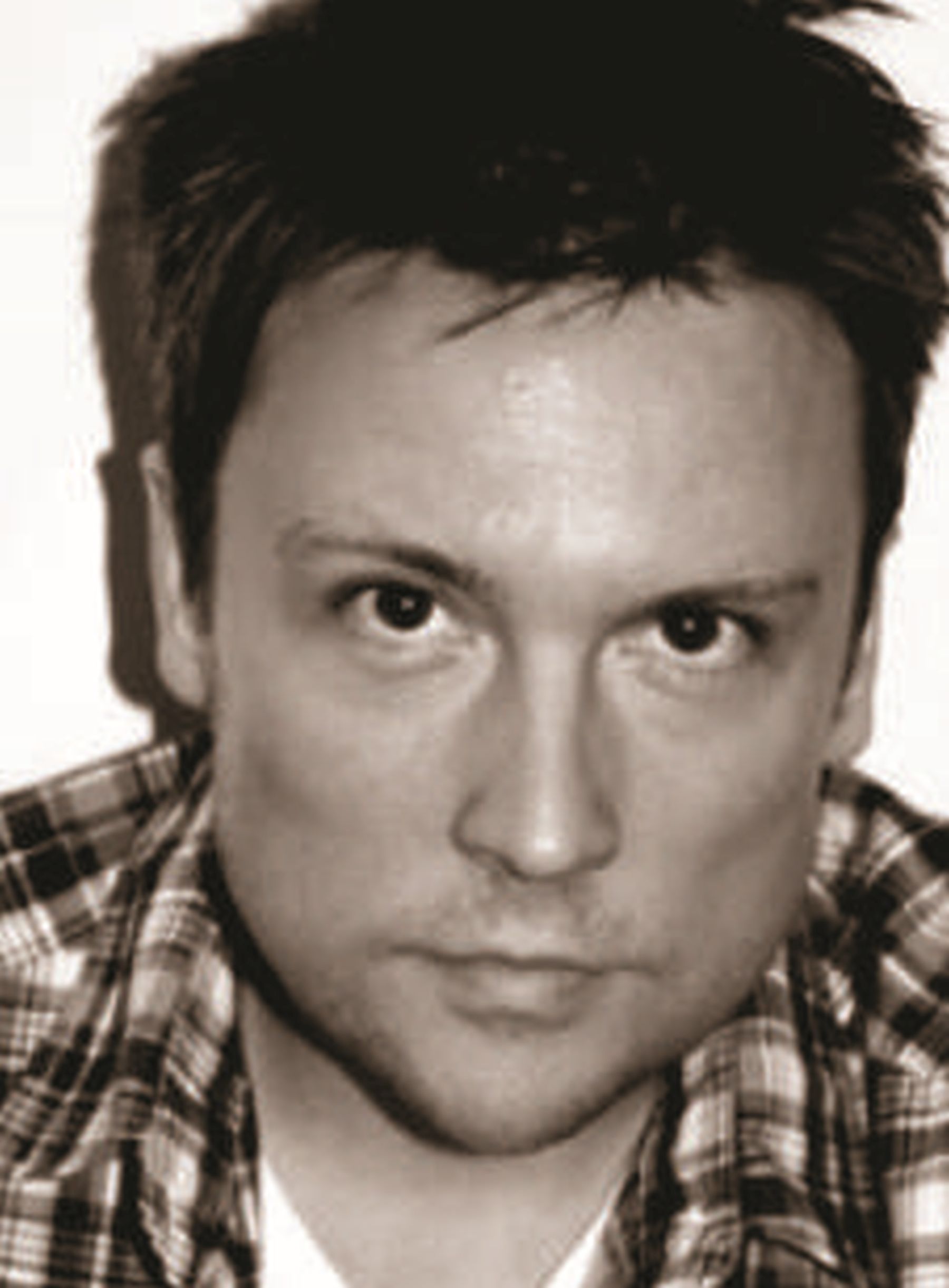Course
Overview
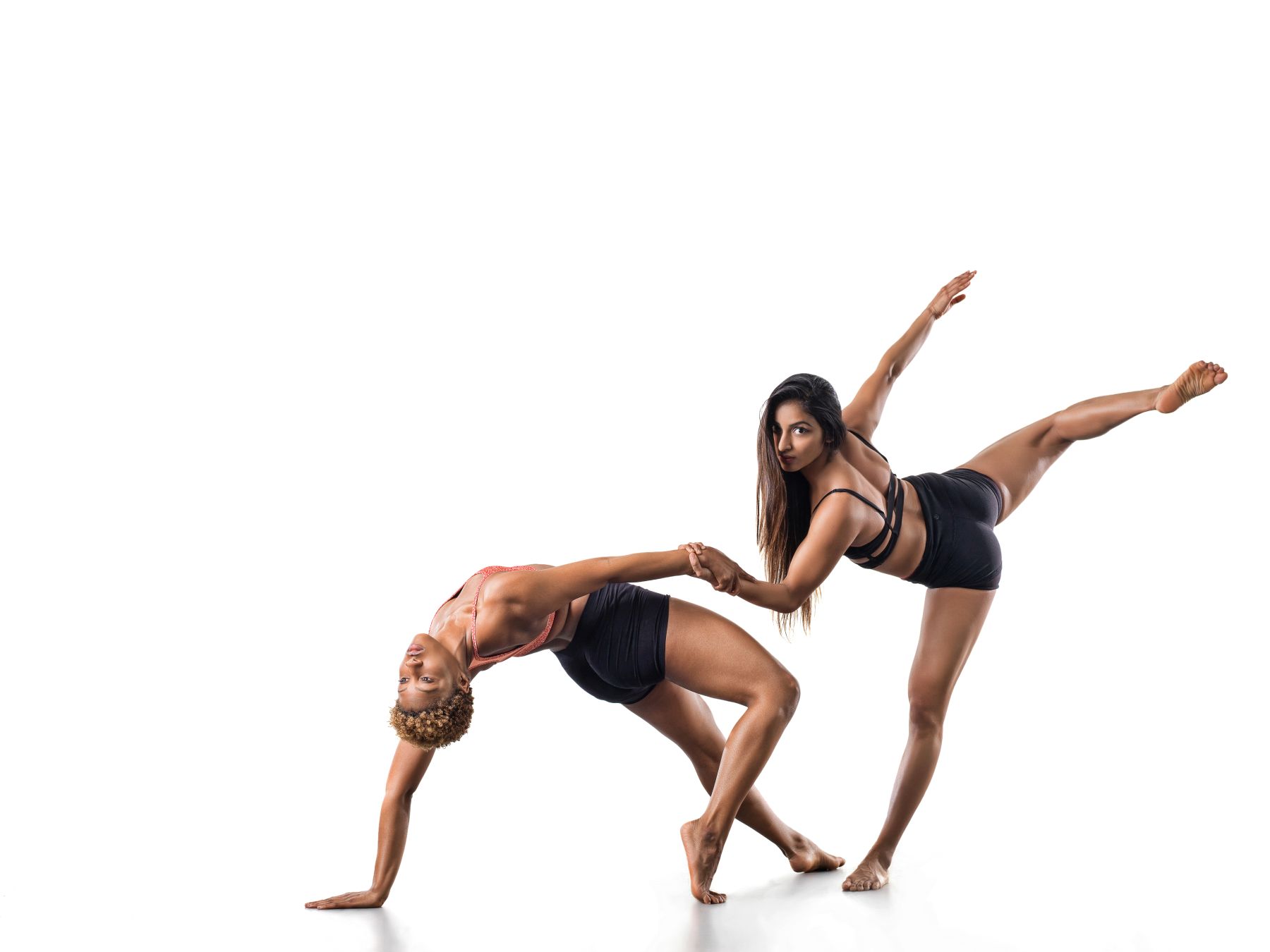
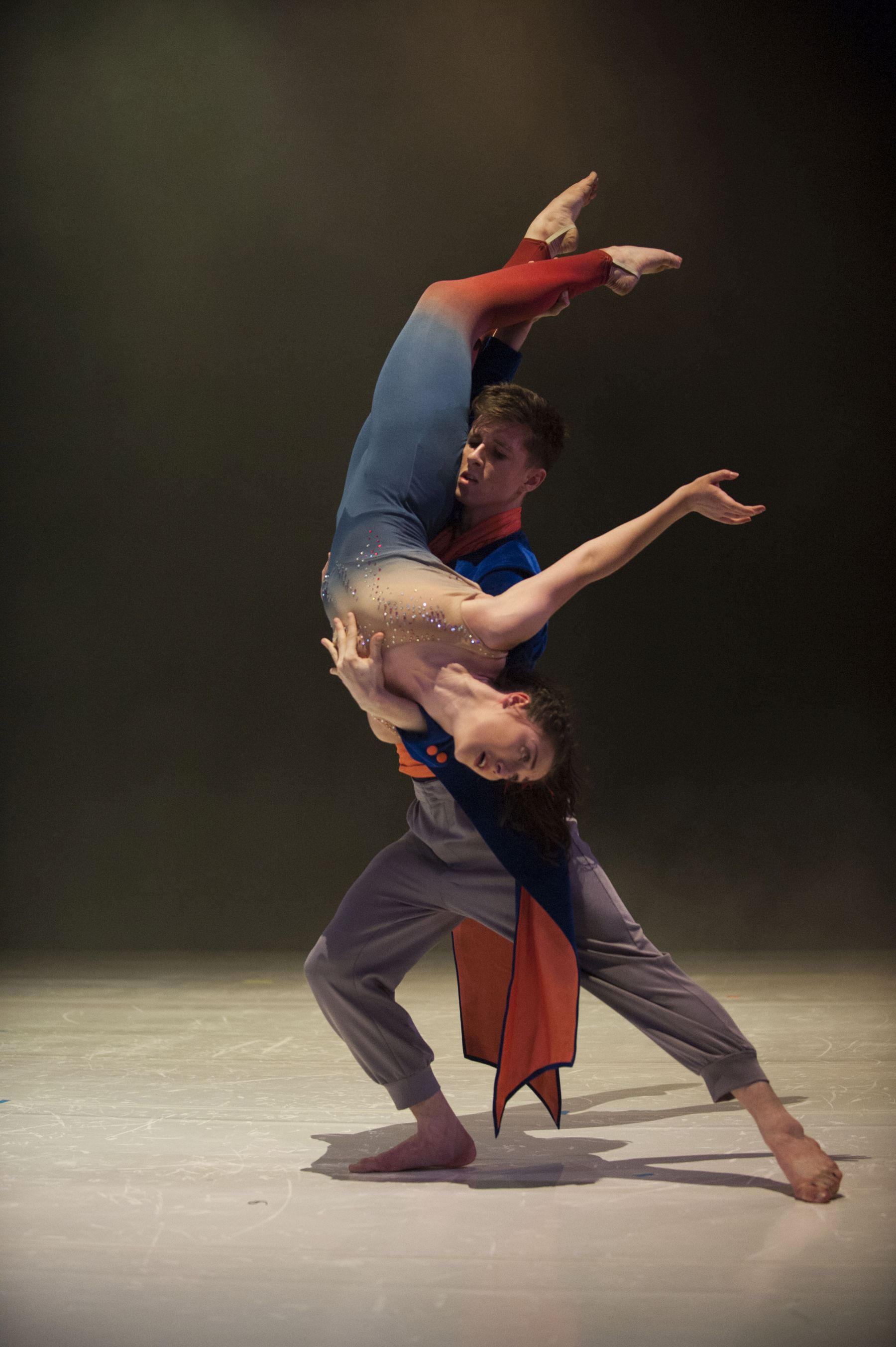
With a strong basis in technique, this course creates technically strong, versatile, and disciplined dancers, while empowering you to become a creative dance artist - a dancer who retains what’s unique to you.
Technique training in ballet, contemporary, jazz and tap are complemented with aerial and commercial work, while you also develop your singing and acting skills.
You perform in three large-scale public performances, collaborating with professional choreographers, directors, and musical directors. Our strong industry connections mean you participate in specialist masterclasses throughout your training, and benefit from mock auditions run by dance companies and agents in your final year.
Accredited By:

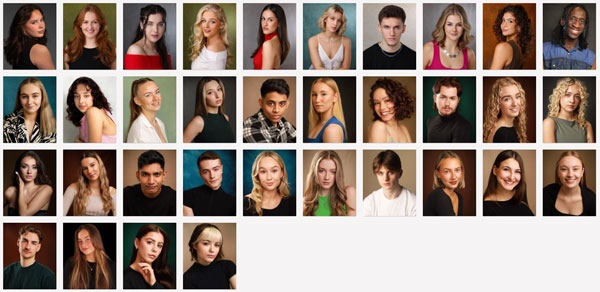
Graduating Dancers
It is with great pleasure that we present our graduating Dancers from BA (Hons) Dance for 2025.
What You Will
Study
Dance Techniques 1
This module provides you with the opportunity to develop core foundation skills in Ballet, Jazz, Contemporary, Commercial and Tap dance styles. This gives you a strong understanding of the physical demands of dance training and the fundamental technique that will underpin your technical practice across all genres.
Healthy Dancer 1
This module begins with a one-to-one physical diagnostic to identify individual postural issues and muscular imbalances that could hinder improvements across technical training. You learn about applied anatomy, physical health, sports psychology, nutrition, conditioning and remedial practices alongside other supportive holistic approaches. The aim is to prepare you for safe practice and continued success in a physically demanding professional training environment and in your subsequent career.
Musical Theatre Skills 1
This module teaches you the fundamental skills of Acting, Singing and Voice appropriate for Musical Theatre work. Each discipline is studied separately. This foundation prepares you for the integration of these skills in your second year in preparation for a Musical Theatre production in your final year.
Rehearsal and Performance Project
In this module you are introduced to a professional working environment. You take what you have learned in the Dance Techniques 1, Healthy Dancer 1, and Musical Theatre Skills 1 modules and apply it to rehearsal processes which lead to live and recorded performances. Masterclasses and choreography lessons prepare you for contributing to the rehearsal process in a creative manner. Stagecraft sessions enable you to work in the theatre safely and professionally.
Professional Principles
This module introduces you to dance studies. It enables you to explore dance history and culture as you gain a broad understanding of a range of theoretical approaches in the current dance landscape. You engage in research, discussion and debate in order to further your understanding of the topic. Your presentation skills are also developed while you learn about the wider professional industry.
Dance Techniques 2
In this module you build on postural and fundamental technical knowledge gained in your first year as you learn a wide range of stylistic skills affiliated with Ballet, Jazz, Contemporary, Commercial and Tap dance styles. Pointe work, heels, virtuosity and partnering are also included. This module encourages you to present a more consolidated understanding and delivery of multiple stylistic forms to enhance a broader range of performance and technical skills.
Healthy Dancer 2
In this module you further develop your knowledge of injury prevention and management, ensuring you can maximise your dance training and increase your career longevity. Sessions include applied exercise and anatomy and progressive remedial and prescriptive exercises to address the most common dance related injuries. This module has been developed in conjunction with LIPA Dance’s physiotherapy team in order to fully support and address the demands of professional training and work in the industry.
Musical Theatre Skills 2
This module builds on the fundamentals of Acting, Singing and Voice techniques taught in your first year. You now learn how to bring these skills together through focused and integrated practice. These sessions are designed to create a well-rounded and confident Musical Theatre performer in preparation for your final year production.
Public Performance Project
This module gives you an opportunity to perform to a public audience, through a simulated professional process. You collaborate with a creative team, fellow dancers and students from other subjects to create, devise and realise a live performance, giving you the experience of working with a full production team. You use your knowledge from the Healthy Dancer 1 and 2 modules to integrate a blend of key body conditioning practices that prepare you for the challenges of choreographic exploration and professional performance. Aerial dance training and a broad range of specialist masterclasses enhance your development throughout the year.
Professional Practice
This module further develops the skills obtained in Professional Principles in your first year. You are provided with additional knowledge in dance industry specific employment and enterprise skills to help you identify and make the most of opportunities. The module brings together generic and dance specific industry skills with a focus on employment, audition, career and enterprise planning. Dance and performance are discussed in the broader terms of a global landscape and you are encouraged to research areas that affect, and are affected by, dance and performance. You will be encouraged to explore traditional perceptions of dance and how and why we are changing our views
Dance Techniques 3
In this module you develop professional level technical and artistic skills in Ballet, Contemporary, Jazz, Commercial and Tap dance styles. Pointe work, virtuosity classes and partnering continue with increased complexity. These technique classes build upon all stylistic elements mastered in your second year and continue to inject current stylistic trends and appropriate practices relevant to each genre in preparation for audition post-graduation.
Performance Company
In this module you experience working as part of a dance company to produce two live performances. The first is a Musical Theatre production and the second is a showcase presentation of varied dance work, created by professional choreographers. Your dance work on both productions reflects all areas covered on the course, with a commercial industry focus. By working as part of an ensemble alongside creative professionals, the module bridges the gap between being a student and being a professional dance performer. You also train in aerial dance techniques and participate in a broad range of masterclasses, to increase versatility and employment options.
The Professional Dancer
This module enables you to investigate a topic area of particular interest to you. It provides a platform to carry out extensive research and the opportunity to develop a critical understanding and research process, using analytical tools developed previously. You develop a specific strategy and career plan based on your own aspirations. You experience mock auditions and audition technique with industry professionals and produce your own marketing and promotional material
How You Will
Study
-
Technique Classes
-
Performances
-
Tutorials
-
Workshops
-
Independent Study
-
Group Work
-
Masterclasses
How You Will Be
Assessed
You’re continually observed in practical classes, with a final presentation of work at the end of each practical module. There is an element of written work in the form of essays, and online tests. In the third year, you produce a research paper on an area of dance and performance which is of a particular interest to you.
Practical/written work ratio
80% practical work / 20% written assignments

Sarah E. Baker
Head of Dance
Sarah trained at the Quinte Ballet School and the National Ballet School of Canada and has an MA in Choreography. She has performed across Canada and also studied, taught and choreographed in America and Israel in addition to the UK. Sarah has choreographed dance and musical theatre productions for the Bloomsbury and Cochrane theatres in London. She collaborated with composer Stefano Curina on Flood performed at The Place in London and presented her own live and screen-dance work at other dance theatres in London. Sarah understands the demands of the profession and believes it’s important to learn discipline in the classroom and self-discipline out of the classroom but to maintain a sense of humour to achieve a healthy balance. She encourages each student to be individual and follow their own journey.
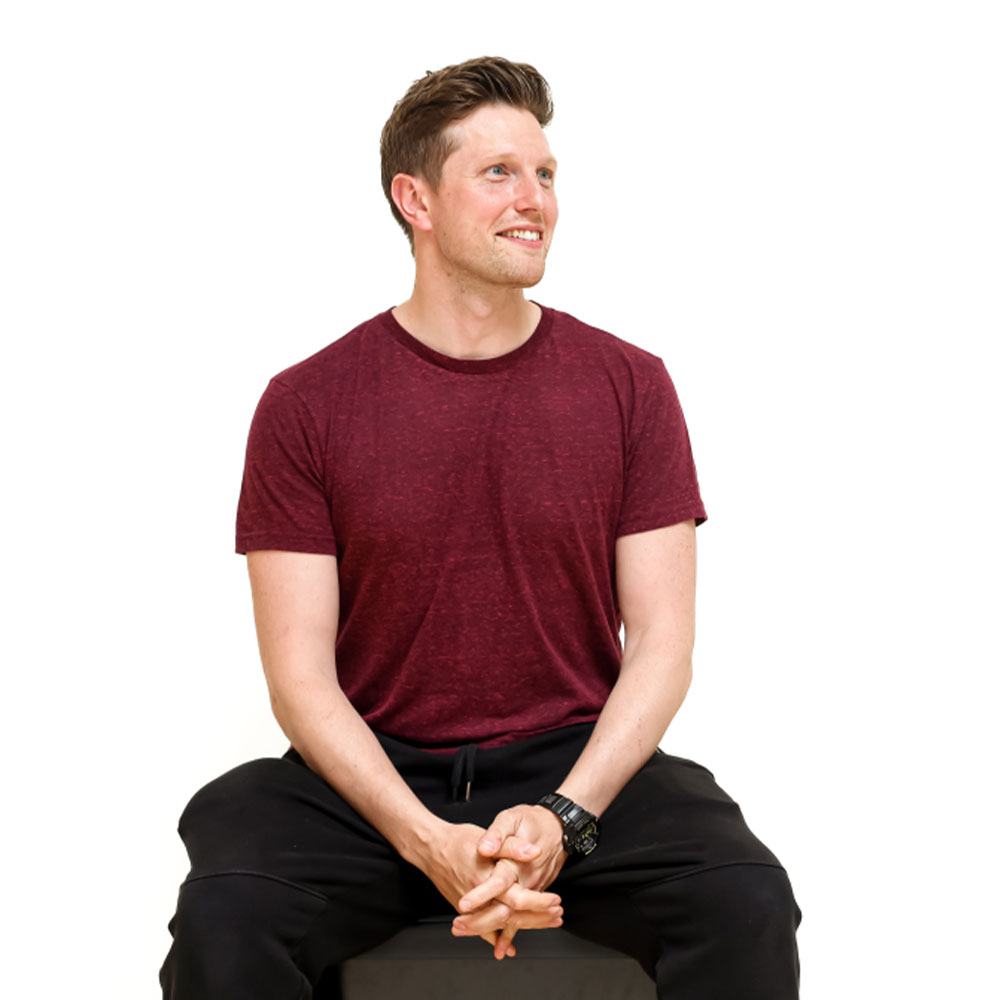
Andrew Hall
Senior Lecturer
Andrew trained at the Royal Ballet School, where he worked with choreographers and artists including Violette Verdy, Jennifer Jackson, Matthew Hart and David Bintley. He spent the duration of his professional career with the Hamburg Ballet as a member of the corps de ballet under the direction of John Neumeier. Andrew believes that classical ballet training is fundamental to supporting a dancer’s development in other dance styles, and loves seeing how his students apply their ballet training across other techniques. He is also a trained Body Control Pilates® teacher.

Jacqueline Shi
Lecturer
Jacqueline accumulated many awards during her early dance training and was part of the National Youth Dance Company. She trained at the Ballet Rambert Academy in London before joining Janet Smith and Dancers. Jacqueline later became a principal soloist in the Rambert Dance Co under the direction of Richard Alston and Christopher Bruce. She has worked with world renowned choreographers and performed extensively on television and film. Jacqueline established her own company which unites Liverpool and China, and she works to secure graduate employment across Asia. Jacqueline directs shows which bring together students from all disciplines to develop their understanding of the collaborative process.

Carl Parris
Lecturer
Carl is an experienced dancer, singer and actor performing across all genres. He made his film debut in Superman 2 aged eight-years-old, his West End debut, as an eleven-year-old, in Bugsy Malone and rehearsed with Hollywood legend Gene Kelly for a Royal Command Performance. Carl’s other theatre credits include Cats, Anything Goes, Fame and Smokey Joe's Cafe. His film and TV work includes Jesus Christ Superstar, Gulliver’s Travels, Muppets Most Wanted, Game of Thrones, House of Dragon and Wicked Parts 1 and 2. Carl helped create work with Lloyd Newson on JOHN as part of the DV8 Physical Theatre company. He was also resident choreographer at the Hackney Empire. Carl's vast experience allows him to tap into different methods and styles to empower, nurture and instil confidence in his students.

Lisi Perry
Lecturer
Lisi has been a practising dance artist for over 25 years and is the founder and artistic director of COLLISION. She has worked with choreographers and companies including Scottish Dance Theatre, Motionhouse Dance Theatre and Jasmin Vardimon, touring and teaching regionally, nationally and internationally. Lisi directs and choreographs work in theatre and unconventional non-theatre spaces, including large-scale projects on beaches, in museums, police stations and parks, and has even involved JCB diggers. She encourages students to be fully engaged with a range of methodologies and approaches, whether they are familiar or unknown, and to immerse themselves in all aspects of their study.

Kay Hilton
Lecturer
Kay originally came from a dance performance background, moving into choreography in the days of Stock, Aitken and Waterman and then into show production for UK and International theatre, film and television. She produced and choreographed corporate fashion and trade shows for companies such as Clarks, Adidas, All Sports, Warrior Sports, Asian Sound Radio, Argos, Flannels, House of Fraser and Manchester Fashion Week. Kay is a founding director of KMC Agencies (London and Manchester) and has placed dancers with artistes such as Kylie, Cher and 50 Cent tour and also in UK and International (Hollywood) blockbuster films.
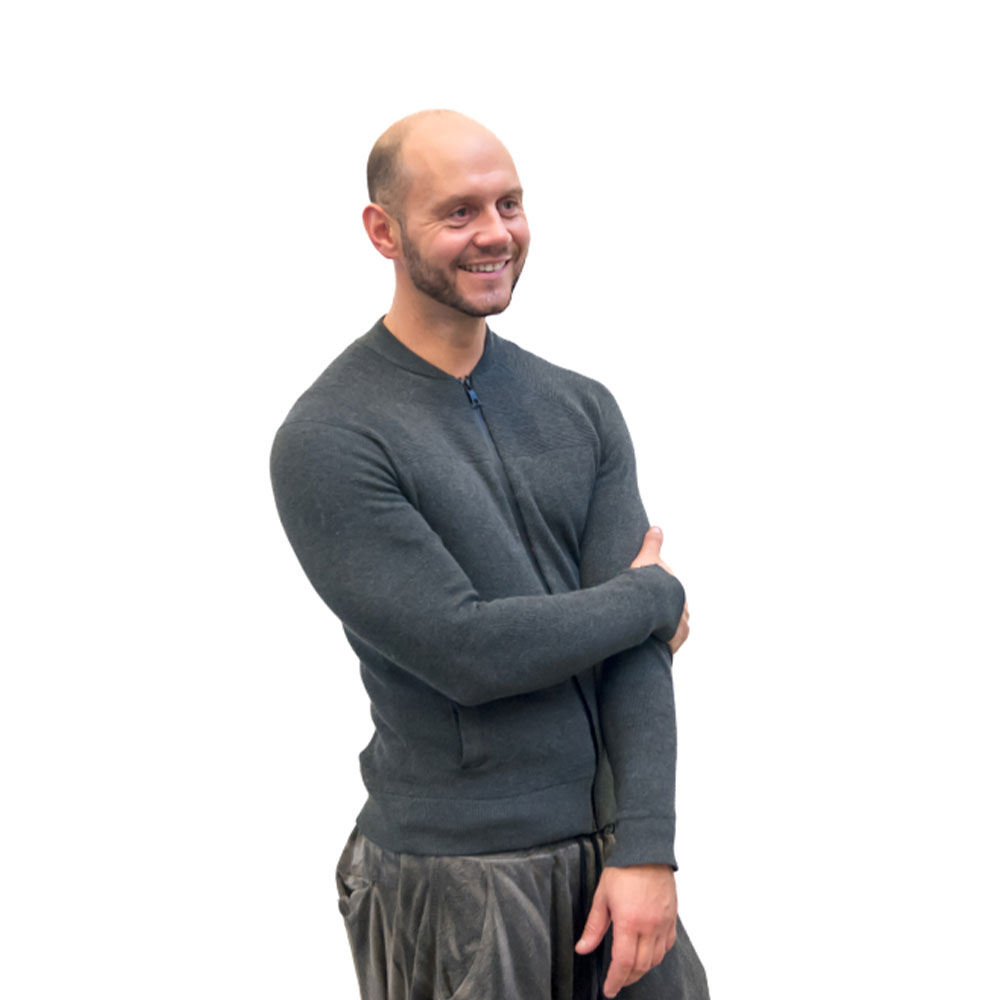
Darren Suarez
Teaching Fellow
Darren is artistic director of the award-winning House of Suarez which produces an annual vogue ball. He works commercially for clients including Adidas and Stella McCartney’s Stella Sports. Darren has also worked as a dance coach for Dancing on Ice and festivals across the UK. He has experience of collaborating with world class dancers and choreographers and teaching all levels of performer, from underprivileged young people to the cast of Billy Elliot in the West End and Matthew Bourne’s New Adventures. Darren feels it’s important to offer constant feedback in his classes and nurtures students to take responsibility for their own learning.
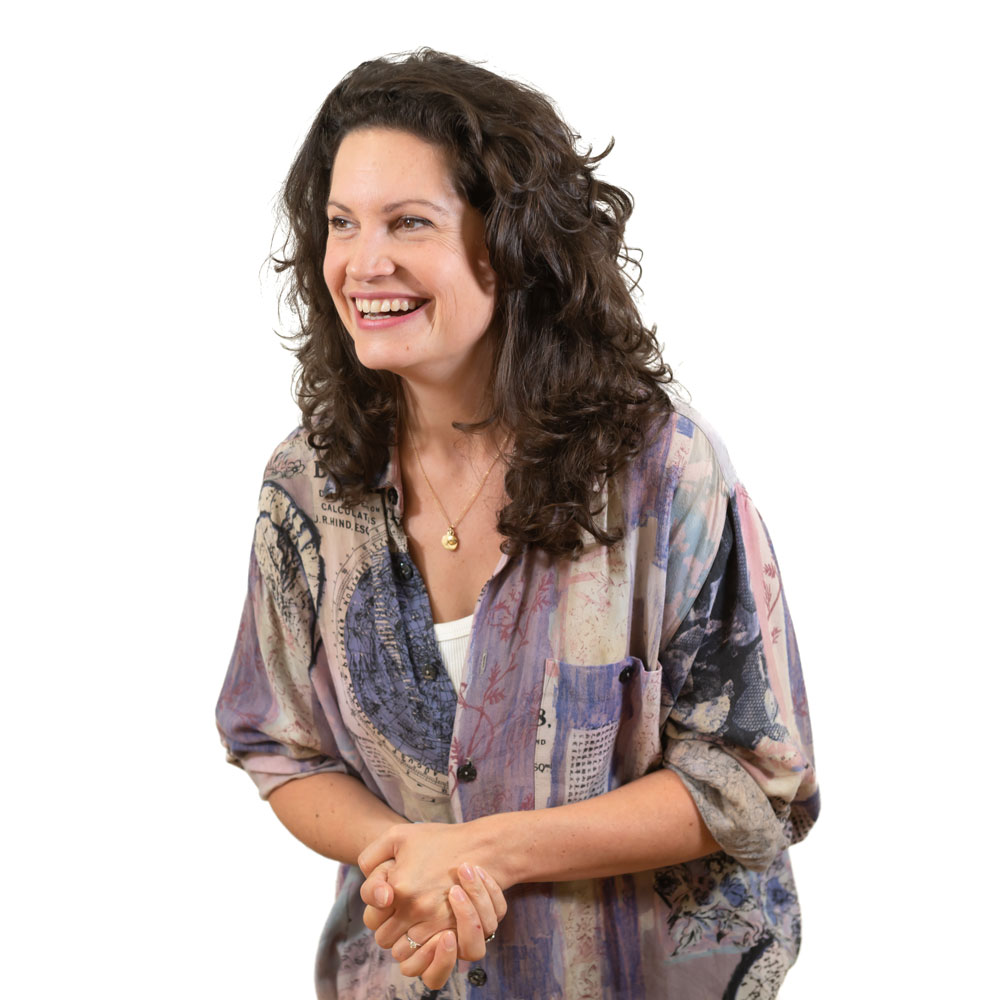
Arabella Gibbins
Teaching Fellow
Arabella is an actor, voice-over artist and voice coach. Her one-woman show Big Bad won an Origins Award for Outstanding New Work and is touring this summer. Arabella is a singer-songwriter, musical comedienne and she’s even done backing vocals for Robbie Williams. As a professional performer Arabella understands the demands of the industry. Her valuable experience on stage and in the vocal booth means she is informed and knowledgeable in the rehearsal room.
What Our
Graduates Do
Our graduates work as performers and choreographers in dance shows, musicals, West End productions, touring productions and on cruise liners and appear in music videos, TV shows, award ceremonies and Bollywood films. Their career achievements have included:
Deavion Brown (2019)
Dancer with Thriller Live, West End, Message in a bottle UK tour. Also played Cy in the film adaptation of Everybody’s Talking About Jamie.
Thomas Carsley (2019)
Winner of the 2019 Street Dance Final on BBC Young Dancer. He also won the Theatre Forever Solo competition at Summer Dance Forever in 2020.
Mathilde Caeyers (2018)
Received Norwegian Arts Council funding to create her contemporary dance show Eksogen with Intakt Dance. Awarded artistic grant by Arctic Arts Festival to premiere New Religion. Commissioned to produce new work for Extreme Chill Festival and Insomnia.
Olivia Jones (2018)
Performed in The Lion King UK tour.
Renae Hughes (2017)
Formerly one of Rita Ora’s core dancers, recently toured with Little Mix and performed with the band on their BBC show The Search.
Aishwarya Raut (2017)
Member of leading dance company Rambert. Credits also include the film Rocketman and Brit Awards. BA (Hons) Dance
Ella Redhead (2017)
Recently danced in Heartbeat of Home, West End, previously Thriller Live (also West End).
Charlie Knight (2016)
Spent a year performing in Bat Out of Hell in Germany.
Kristine Berget (2015)
Member of hip-hop company Boy Blue, she also danced on Florence + the Machine’s Big God video.
Jonny Grundy (2015)
International aerial artist performing with silks, hoops and flying pole.
Fortune Jordan (2015)
Has danced with Rita Ora, Cher Lloyd and Rick Astley. TV credits include the Royal Variety Performance, Peaky Blinders and 8 out of 10 Cats Does Countdown.
Zahra Jones (2014)
Dance captain on Everybody’s Talking About Jamie, West End.
Stevie Mahoney (2013)
Theatre credits include Thriller Live and Exposure. Performed with Dua Lipa, Mabel and Little Mix at the BRIT Awards and on Take That’s 2019 Greatest Hits tour.
Siobhan Hayes (2009)
Artist with dance development agency, Dance4, former assistant artistic director for Stopgap Dance Company.
Bence Vagi (2003)
Founder and artistic director, Recirquel.
Related
News

Winter/Spring season of public performances

Gallery: Term one productions 2025/26

A busy and creative Christmas for LIPA grads

LIPA secures £2.5m Office for Students capital funding to deliver new performance and digital innovation hub

Autumn/Winter Season of public performances

LIPA achieves major milestone: new degree awarding powers

Gallery: Graduation 2025

Sir Paul McCartney honours leading arts figures at LIPA graduation

LIPA grads and students head to Edinburgh Fringe

LIPA Dance grad co-directs Glastonbury's spectacular opening ceremony

Dance grad Q&A with Clara Kerr: ‘LIPA is a really nurturing environment’

Dance lecturer chosen as UK head judge for Eurovision

LIPA students win Dancers Inc. challenge

LIPA grads get creative for Christmas

Gallery: LIPA Christmas Concert

Watch: The Wombats collaborate with fellow grad on new video

LIPA Dance lecturer and grads perform in Wicked

Fringe award for LIPA dance show

LIPA shortlisted for environmental award

LIPA grads and students at Edinburgh Fringe

Gallery: Graduation 2024

Award-winning LIPA grad honoured by Sir Paul McCartney

WATCH: 2ube Xtra - LIPA’s student run music festival

LIPA Dancers join Wired Aerial for international Opera Festival

Gallery: LIPA students take part in Queen Anne naming ceremony

Watch: The WAVE

LIPA grads taken aback by reaction to ‘Rockstar’ Bluey
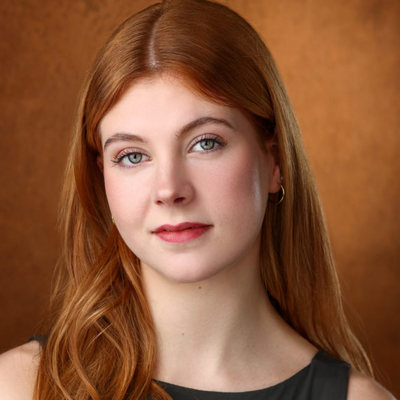
Dance student creates new work for festival
Educational qualifications are important but limited in what they can tell us about you.
Your natural ability, your fit with what and how we teach, your growth and your potential are also key factors in our admission process. We can’t evaluate these solely on your educational achievements, so no matter which course you are applying for, we look for the following attributes on your application and at the interview stage.
Additional Costs
As part of this course, there are likely to be some additional costs that are not included within your tuition fees. Many of these are optional. We’ve also included information about cost of living expenses in Liverpool in this section.
Physiotherapy & sports massage
We currently work with Bounce Physiotherapy Clinic to provide specialist sports physiotherapy and massage to students throughout the year. Sports massage therapy can relieve over-worked muscles and help to maintain a good range of motion and flexibility in the body. Regular sessions also allow us to identify and treat any injuries and help us to guide you through your rehabilitation with minimum disruption to your training. You will be required to pay *£115 per year towards the cost of your ongoing physiotherapy/massage sessions. This is substantially less expensive than attending private sessions and is a vital part of keeping your body fit and healthy throughout your studies. * This was the fee for 2024 entry so may be subject to an inflationary increase for 2025 entry.
Some injuries can occur due to poor flexibility so it is recommended that you take the time to work on your flexibility before you arrive. While it is not compulsory, yoga classes can be a good way of increasing your flexibility or there are books available that can help you with your own practice.
Uniform
Throughout the year you will have classes in many different styles of dance and you will be expected to dress appropriately for each class. While we have a general dress code for daily classes, we also have a more specific uniform list that you must wear for assessments and other events. A detailed list with our supplier information will be sent to you before enrolment.
Compulsory uniform items for female identifying dancers include a black camisole leotard, appropriately coloured footed tights, with matching coloured split-sole ballet shoes, black leather split-sole jazz shoes, Capezio dance heels, oxford style tap shoes and a flesh coloured body stocking.
Male identifying dancers require a black footless tank unitard, a dance belt, black socks, black canvas split-sole ballet shoes, black leather split-sole jazz shoes and oxford style tap shoes.
There are specific model numbers for each of these items that must be bought but we will send details of this before enrolment. While it is not compulsory, it will also be useful to have a pair of soft black knee pads.
The daily dress code for ballet classes includes a black leotard with appropriately coloured tights and ballet shoes for female identifying dancers, and an ankle-length unitard or tights/leggings, with a t-shirt/vest and ballet shoes (all in black) for male identifying dancers. Female identifying dancers are encouraged to wear tights and shoes that match their skin tone.
Jazz classes require a dance leotard, tights and leather split-sole jazz shoes for female identifying dancers and a unitard or leggings/tights with a t-shirt/vest and leather split-sole jazz shoes for male identifying dancers. While leotards and t-shirts can be coloured, all other items should be in black.
Contemporary classes require a similar uniform to Jazz classes but with footless or convertible tights instead of jazz shoes for barefoot dancing. Your other classes include Choreography and Tap, and these classes will also follow the same dress code as Jazz, unless otherwise specified by your teacher in class.
For commercial style classes you are invited to dress in current trends in the industry, though your physique must be visible to the teacher (nothing excessively baggy). Footwear (trainers) must be for studio use only as no outdoor shoes are permitted in the dance studios.
While it is not compulsory, it is recommended to have multiples of each item. You will be dancing intensely and so all dance clothes must be washed after each wearing. Having multiples can massively reduce the time that you spend doing laundry.
Seeing shows
It is mandatory for you to attend all Dance department performances, and we recommend that you attend other LIPA shows as well. We offer discounted student tickets to make this as affordable as possible.
You should go to the theatre as often as you can. This is not compulsory, but it will help your development as a performer. Theatre visits are not covered by your tuition fees, so you’ll need to cover these costs yourself. Most theatres offer student discounts and we are occasionally offered a limited number of free or discounted tickets for shows in the city.
Professional auditions
Once you have finished your second year, we expect you to attend professional auditions. This helps you to assess the industry, your own skills, and what areas you need continued work on during training. This could also lead to you gaining representation and/or work that can be done while still in training (with permission of the Head of Department). We advise you to save up during Years 1 and 2, so that you can afford to attend auditions in the performance areas of your choice.
Spotlight
While joining Spotlight is not mandatory in the dance department it is encouraged. LIPA dancers are offered a discount rate as a new graduate.
Cost of living
Wherever you choose to study, you'll have to budget for accommodation and other everyday living expenses, such as food and bills.
Accommodation costs are relatively low in Liverpool, particularly compared to the south east of England, and the city's shops and entertainment venues also have lots of student discounts.
We’d recommend completing a simple budget plan to predict your income and outgoings. This should include accommodation, bills, insurance, TV licence, food, laundry, clothes, books, travel and socialising. How much you'll want to spend on a lot of these is completely personal.
There is lots of advice available online about budgeting:
- UCAS budget calculator is a great tool to help you balance your in-comings and out-goings.
- SaveTheStudent provides useful information on student money resources, including loans, budgeting, and scholarship sources.
Most UK students will be able to take out a maintenance loan to assist with living costs and there are some grants available. We also offer some bursaries. To find out more, please see Student Finance and bursaries.
Because our courses are intensive and we have a busy season of student performances, options for part-time work during our teaching periods can be limited. However, many of our students gain flexible part-time work, in performance venues, shops, restaurants and bars. We also provide casual work opportunities for our students ranging from stewarding work on our productions to working with young people to help us widen access to our courses. The long summer break is when many of our students choose to work.
Additional Costs
As part of this course, there are likely to be some additional costs that are not included within your tuition fees. Many of these are optional. We’ve also included information about cost of living expenses in Liverpool in this section.
Physiotherapy & sports massage
We currently work with Bounce Physiotherapy Clinic to provide specialist sports physiotherapy and massage to students throughout the year. Sports massage therapy can relieve over-worked muscles and help to maintain a good range of motion and flexibility in the body. Regular sessions also allow us to identify and treat any injuries and help us to guide you through your rehabilitation with minimum disruption to your training. You will be required to pay *£115 per year towards the cost of your ongoing physiotherapy/massage sessions. This is substantially less expensive than attending private sessions and is a vital part of keeping your body fit and healthy throughout your studies. * This was the fee for 2024 entry so may be subject to an inflationary increase for 2025 entry.
Some injuries can occur due to poor flexibility so it is recommended that you take the time to work on your flexibility before you arrive. While it is not compulsory, yoga classes can be a good way of increasing your flexibility or there are books available that can help you with your own practice.
Uniform
Throughout the year you will have classes in many different styles of dance and you will be expected to dress appropriately for each class. While we have a general dress code for daily classes, we also have a more specific uniform list that you must wear for assessments and other events. A detailed list with our supplier information will be sent to you before enrolment.
Compulsory uniform items for female identifying dancers include a black camisole leotard, appropriately coloured footed tights, with matching coloured split-sole ballet shoes, black leather split-sole jazz shoes, Capezio dance heels, oxford style tap shoes and a flesh coloured body stocking.
Male identifying dancers require a black footless tank unitard, a dance belt, black socks, black canvas split-sole ballet shoes, black leather split-sole jazz shoes and oxford style tap shoes.
There are specific model numbers for each of these items that must be bought but we will send details of this before enrolment. While it is not compulsory, it will also be useful to have a pair of soft black knee pads.
The daily dress code for ballet classes includes a black leotard with appropriately coloured tights and ballet shoes for female identifying dancers, and an ankle-length unitard or tights/leggings, with a t-shirt/vest and ballet shoes (all in black) for male identifying dancers. Female identifying dancers are encouraged to wear tights and shoes that match their skin tone.
Jazz classes require a dance leotard, tights and leather split-sole jazz shoes for female identifying dancers and a unitard or leggings/tights with a t-shirt/vest and leather split-sole jazz shoes for male identifying dancers. While leotards and t-shirts can be coloured, all other items should be in black.
Contemporary classes require a similar uniform to Jazz classes but with footless or convertible tights instead of jazz shoes for barefoot dancing. Your other classes include Choreography and Tap, and these classes will also follow the same dress code as Jazz, unless otherwise specified by your teacher in class.
For commercial style classes you are invited to dress in current trends in the industry, though your physique must be visible to the teacher (nothing excessively baggy). Footwear (trainers) must be for studio use only as no outdoor shoes are permitted in the dance studios.
While it is not compulsory, it is recommended to have multiples of each item. You will be dancing intensely and so all dance clothes must be washed after each wearing. Having multiples can massively reduce the time that you spend doing laundry.
Seeing shows
It is mandatory for you to attend all Dance department performances, and we recommend that you attend other LIPA shows as well. We offer discounted student tickets to make this as affordable as possible.
You should go to the theatre as often as you can. This is not compulsory, but it will help your development as a performer. Theatre visits are not covered by your tuition fees, so you’ll need to cover these costs yourself. Most theatres offer student discounts and we are occasionally offered a limited number of free or discounted tickets for shows in the city.
Professional auditions
Once you have finished your second year, we expect you to attend professional auditions. This helps you to assess the industry, your own skills, and what areas you need continued work on during training. This could also lead to you gaining representation and/or work that can be done while still in training (with permission of the Head of Department). We advise you to save up during Years 1 and 2, so that you can afford to attend auditions in the performance areas of your choice.
Spotlight
While joining Spotlight is not mandatory in the dance department it is encouraged. LIPA dancers are offered a discount rate as a new graduate.
Cost of living
Wherever you choose to study, you'll have to budget for accommodation and other everyday living expenses, such as food and bills.
Accommodation costs are relatively low in Liverpool, particularly compared to the south east of England, and the city's shops and entertainment venues also have lots of student discounts.
We’d recommend completing a simple budget plan to predict your income and outgoings. This should include accommodation, bills, insurance, TV licence, food, laundry, clothes, books, travel and socialising. How much you'll want to spend on a lot of these is completely personal.
There is lots of advice available online about budgeting:
- UCAS budget calculator is a great tool to help you balance your in-comings and out-goings.
- SaveTheStudent provides useful information on student money resources, including loans, budgeting, and scholarship sources.
Most UK students will be able to take out a maintenance loan to assist with living costs and there are some grants available. We also offer some bursaries. To find out more, please see Student Finance and bursaries.
Because our courses are intensive and we have a busy season of student performances, options for part-time work during our teaching periods can be limited. However, many of our students gain flexible part-time work, in performance venues, shops, restaurants and bars. We also provide casual work opportunities for our students ranging from stewarding work on our productions to working with young people to help us widen access to our courses. The long summer break is when many of our students choose to work.
Additional International student costs
UKVI English language requirements
If you are not from a majority English speaking country (as determined by UKVI), you will be required to establish to LIPA that you meet UVKI minimum standards for English language before getting a Confirmation of Acceptance for Studies (CAS) number. The CAS number we issue you allows you to begin the visa application process. There is no requirement for a student to evidence their English language qualification at the point of application, audition or interview.
Students who accept a place on Certificate of HE Foundation Acting (Musical Theatre) or Certificate of HE Foundation Acting (Stage & Screen) must sit a UKVI-approved Secure English Language Test (SELT). The cost of a SELT can range from approximately £180 - £250. You may also incur travel costs to your closest test centre.
Students who accept a place on an undergraduate or postgraduate course may have the opportunity to evidence their English language through a qualification from another country which meets LIPA’s assessment of its academic suitability, take a UKVI-approved Secure English Language Test (SELT), or completing and passing a LIPA Institutional Assessment of English. The cost of a SELT can range from approximately £180 - £250. You may also incur travel costs to your closest test centre. A LIPA Institutional Assessment of English is free of charge.
Student visa
All international students who do not hold a United Kingdom of Great Britain and Northern Ireland passport; a Republic of Ireland passport; or EU Settled Status (EUSS), will require a Student visa to study in the UK.
The Student visa application fee in 2025 was £490. Some students will need to have their biometrics taken as part of the visa application process and this may incur additional costs, notably travel costs to your nearest Visa Application Centre.
In addition to the application fee, you are required to pay the Immigration Health Surcharge, which gives you access to the UK’s National Health Service (NHS). Once your course starts, any medical treatment you require in the UK will be free of any further charges if you use the NHS, just as it is for UK nationals. The surcharge is compulsory, even if you hold private healthcare insurance. 2025 surcharge costs were as follows:
- Foundation and Certificate of HE programmes: £776
- Undergraduate (BA) programmes: £2,716
- Postgraduate (MA) programmes: £1,164
The surcharge will give access to NHS healthcare services from your arrival in the UK until the date your visa expires.
Accommodation
Some accommodation providers may require international students to pay a larger deposit, or pay for their accommodation in fewer, larger instalments. This is something individual students will need to discuss with their accommodation provider.
View the programme specification on LIPA's course catalogue.
For students continuing with a Liverpool John Moores University award please view information here.






